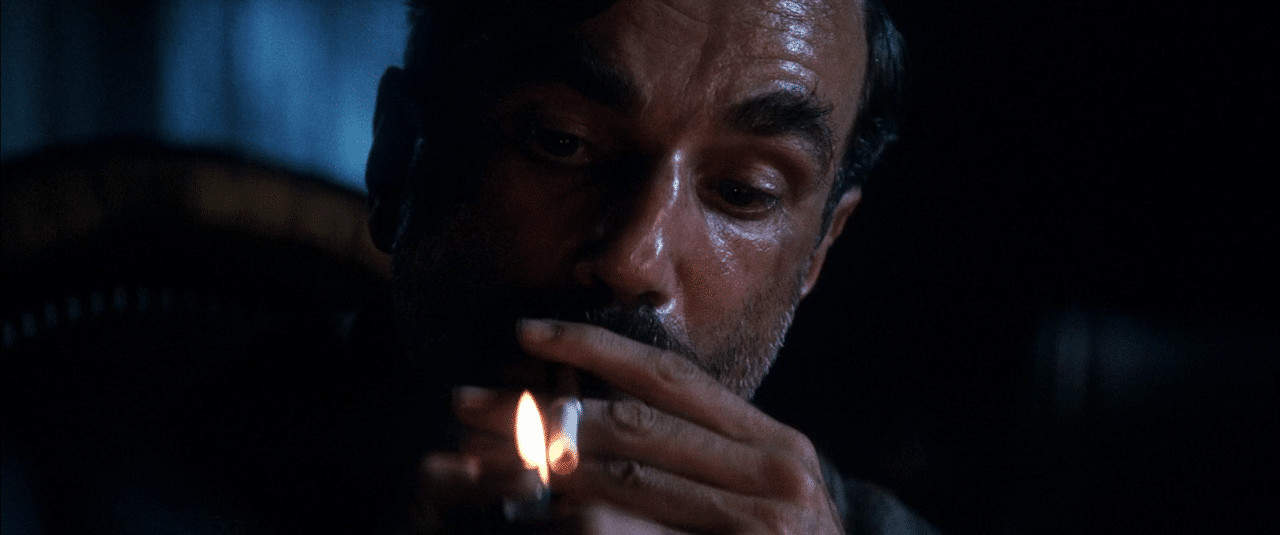
An exhaustive video essay examines the emotional struggles of the men across this auteur’s filmography.
There is certainly no shortage of video essays about Paul Thomas Anderson. All eight of Anderson’s films have received immense praise from critics and are ripe for thorough examination. His work is complex, but not indecipherable or unknowable. There are rare moments of true inscrutability that occur with something like Charlie Kaufman’s Synecdoche, New York. The director’s latest film, Phantom Thread, did cause a rift in audiences, with some reading the movie’s depiction of its central relationship as celebrating male dominance and control over women, especially the male artist.
One of the latest videos focuses on just that idea, on the many dysfunctional men of Anderson’s films and how their struggles often function as the primary conflict. The characters are not just lost souls at sea, they are poisonous, often to the detriment of those they love. The new video essay, by Julian Palmer of Discarded Image, focuses on Anderson’s most recent film not in celebration, but in a continued examination of toxic masculinity. The core dynamics of many of his films focus on the tense power dynamic between two men, such as the star Dirk Diggler and the director Jack Horner in Boogie Nights, the oil tycoon Daniel Plainview and the preacher Eli Sunday in There Will Be Blood, or the wayward Freddie Quell and the cult leader Lancaster Dodd in The Master. Even when the central focus of one of his films is not two men, it is in the sole masculine presence in a world of women that manifests the drama and conflict like in Phantom Thread and Punch-Drunk Love.
These uncompromising men need balance in their lives, according to Palmer, and the women in the film can provide that. While some critics maintain that Phantom Thread is a sexist portrayal of a relationship with an artist, in reality, it is Alma, like Peggy Dodd of The Master and Shasta Fay Hepworth of Inherent Vice, who holds most of the power. With Alma, we are given the opportunity to see how she seizes power after being subjected to Reynolds’ uptight, controlling environment and his many rules. In Anderson’s films, toxic masculinity is often an influence, not one that he ignores or even praises but one that he consciously wrestles with.
Watch the twisted individual protagonists become a brotherhood of difficult and damaged men in the video below:
Related Topics: Paul Thomas Anderson, Phantom Thread, Video

